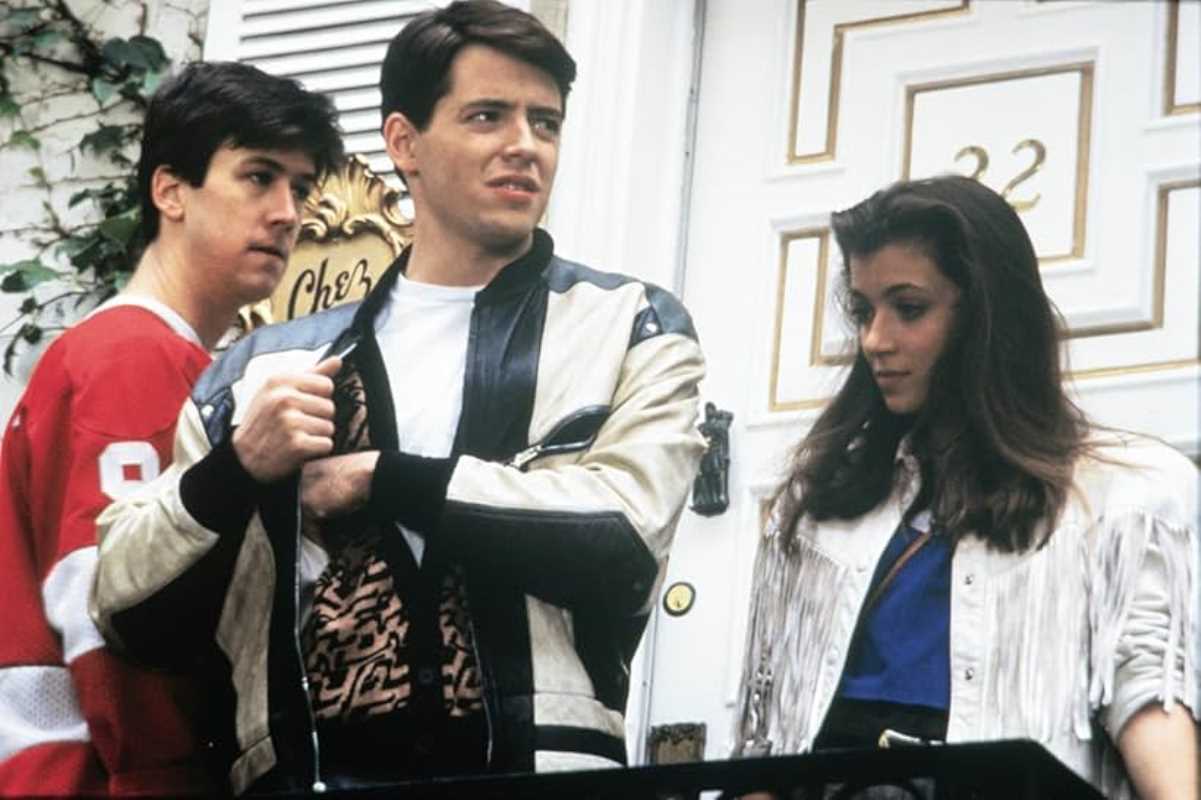Aaron Hernandez's story is one of the most tragic and controversial tales in NFL history, marked by incredible promise on the field and a deeply troubling life off it. Born in 1989 in Bristol, Connecticut, Hernandez rose to prominence as a talented athlete. He played college football at the University of Florida, where he won the prestigious BCS National Championship with the Florida Gators in 2009. His skill, size, and athleticism made him one of the most sought-after tight ends in college football. The New England Patriots eventually drafted him in the fourth round of the 2010 NFL Draft, where he would soon become one of Tom Brady's go-to targets.
By all outward appearances, Hernandez had everything a young athlete could dream of—fame, fortune, and the opportunity to play for one of the most successful franchises in NFL history. Hernandez and fellow tight end Rob Gronkowski became a dynamic duo for the Patriots, leading to significant offensive success for the team. Hernandez’s future appeared bright, with a lucrative five-year, $40 million contract extension in 2012. However, beneath the surface, Hernandez's life was unraveling in ways no one could have anticipated.
In 2013, the shocking news broke that Hernandez was arrested and charged with the murder of Odin Lloyd, a semi-professional football player who was dating the sister of Hernandez’s fiancée. Lloyd’s body was found in an industrial park near Hernandez’s home, and circumstantial evidence, including surveillance footage and cell phone records, placed Hernandez at the scene. The arrest sent shockwaves through the NFL, as Hernandez had just been playing at an elite level.
Hernandez’s trial captivated the nation. He was eventually convicted of first-degree murder in 2015 and sentenced to life in prison without the possibility of parole. What made the case even more complex was the seemingly senseless nature of the crime. Many questioned why a successful athlete, with so much at stake, would risk everything to commit such an act of violence.
The revelations that emerged during Hernandez’s trial painted a grim picture of a man with a troubled past. It was revealed that Hernandez had been involved in other violent incidents, including an alleged double homicide in Boston in 2012, for which he was later acquitted. His behavior, both on and off the field, became the subject of intense scrutiny, as people tried to understand what had driven him to such extremes.
One of the most discussed aspects of Hernandez’s downfall was his mental health, particularly the role that Chronic Traumatic Encephalopathy (CTE) may have played in his behavior. CTE is a degenerative brain disease found in athletes who have suffered repeated head trauma, and its symptoms can include memory loss, depression, and impaired judgment. After Hernandez's death by suicide in 2017, at the age of 27, his brain was examined and found to have advanced stages of CTE. In fact, doctors stated that his brain showed one of the most severe cases of CTE ever seen in someone his age.
The discovery of Hernandez's CTE raised important questions about the safety of contact sports like football. Many speculated that his violent behavior and erratic decision-making could have been exacerbated by the brain disease, which had likely been developing for years. CTE has been linked to mood swings, aggression, and suicidal tendencies—symptoms that aligned with Hernandez’s actions. His case brought national attention to the risks that football players face, reigniting debates about player safety and the long-term effects of repeated concussions.
Beyond the diagnosis of CTE, Hernandez's life was marked by a complex and challenging upbringing. He lost his father at a young age, and it was reported that Hernandez struggled with his identity and the influence of his social circle. His rise to NFL stardom did little to shield him from the turbulent aspects of his life, including his alleged involvement in gang-related activities. It seemed that despite his success, Hernandez was unable to escape the pull of negative influences.
The tragic fall of Aaron Hernandez serves as a reminder of the duality that can exist in the lives of public figures. Hernandez was an athlete blessed with rare talent and success, yet beneath the surface, his life was filled with pain, violence, and personal demons. His story is a cautionary tale not just about the pressures of fame, but also about the potential consequences of untreated mental health issues and the dangers that come with a lack of support and intervention.
As the NFL continues to grapple with the long-term effects of CTE on its players, Hernandez’s case will remain one of the most high-profile examples of the devastating impact that brain injuries can have. His story raises critical questions about the balance between the glory of professional sports and the unseen toll it can take on the minds and bodies of the athletes we admire.
Ultimately, Aaron Hernandez's life and career are tragic examples of what can happen when immense talent and opportunity are overshadowed by mental health struggles, poor choices, and unchecked violence. His legacy will forever be linked to both his success on the field and the horrors of his downfall.







